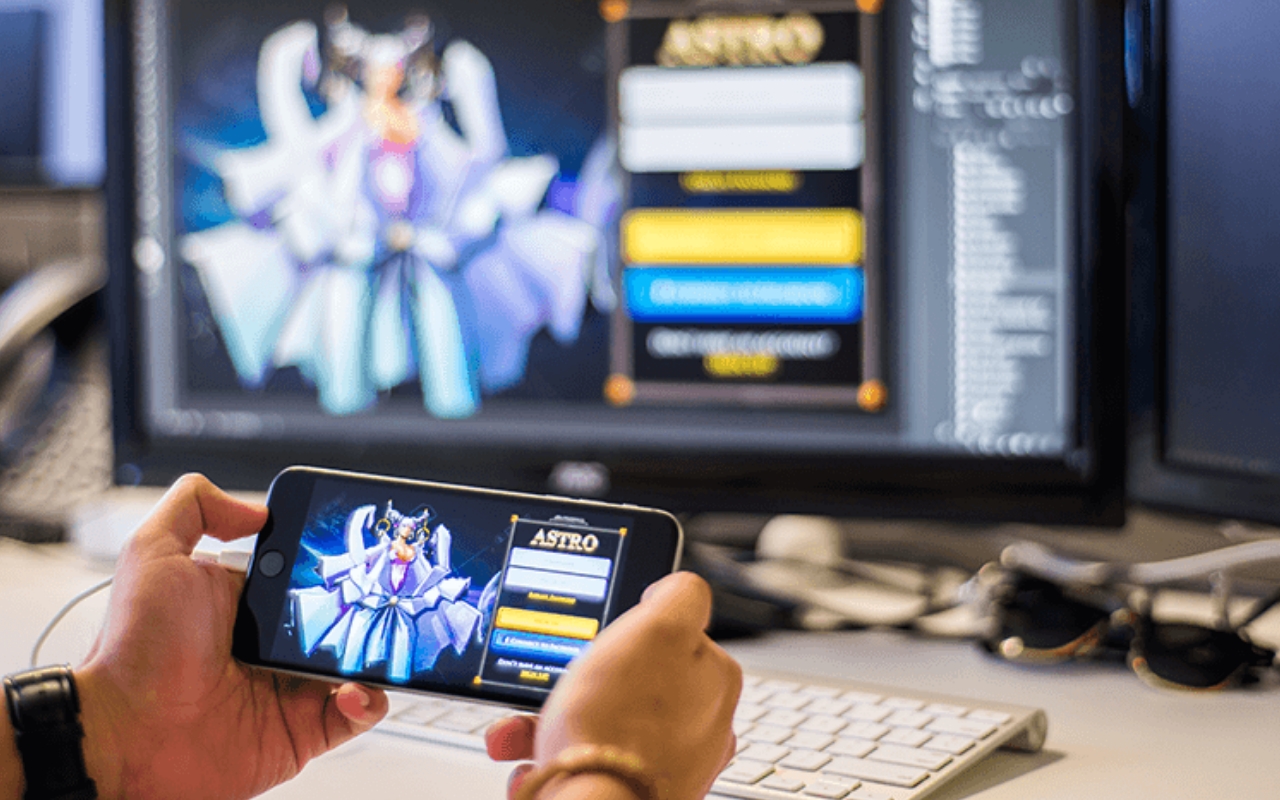Introduction
The ability to develop games for mobile platforms has often been described as the democratization of video game creation. From its humble beginnings involving hobbyists, small development teams and low overheads, game development soon became an activity mainly performed by large development teams with considerable financial backing, in no small part due to high production costs, development timescales and publishing expenditures.
Mass-market uptake of smart phones, electronic distribution platforms and advances in software development tools have reversed this situation, allowing anyone with the requisite skills to create and publish games with minimal expenditure. The aim of this unit is to introduce students to the concepts, tools and techniques used to create mobile games and provide an opportunity to develop, assess and refine prototype game-play elements of a mobile game, using industry-standard tools and techniques.
On completion of this unit, students will be able to design, prototype and test game design ideas for a mobile gaming platform, using iterative development techniques to evaluate and refine game-play mechanisms in support of achieving specified design goals and game-play aesthetics.
Learning outcomes:
- Discuss the key features and development processes of mobile games
- Present a concept for a mobile game, based on a given brief
- Plan and manage the development of a functional mobile game prototype using industry-standard tools and techniques
- Evaluate a mobile game prototype, based on audience feedback and testing.
Course code : R/616/1756
Lecture Slides

Leave a Reply